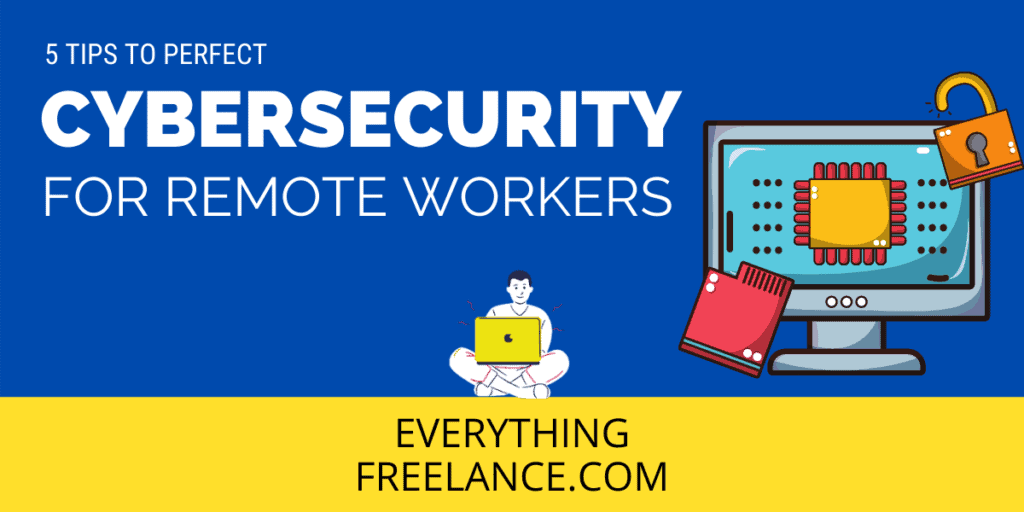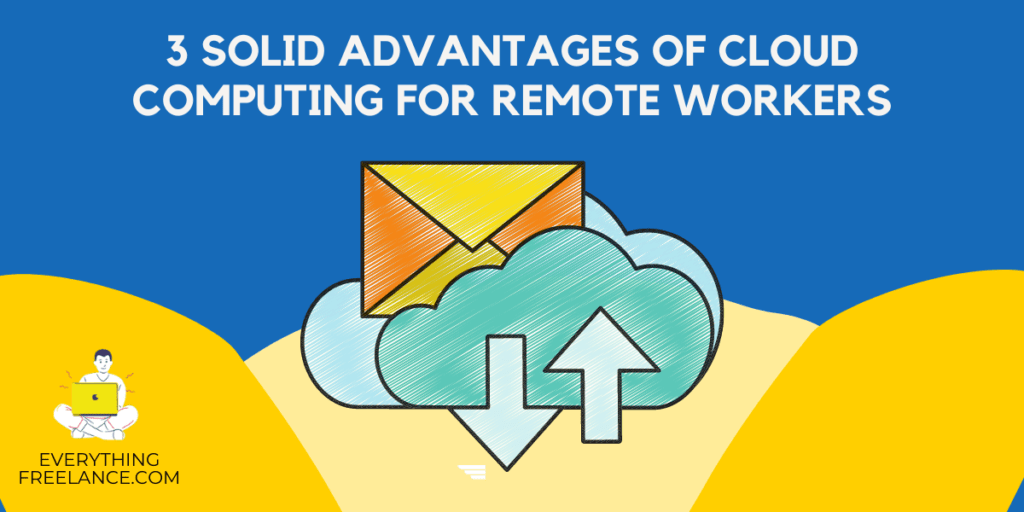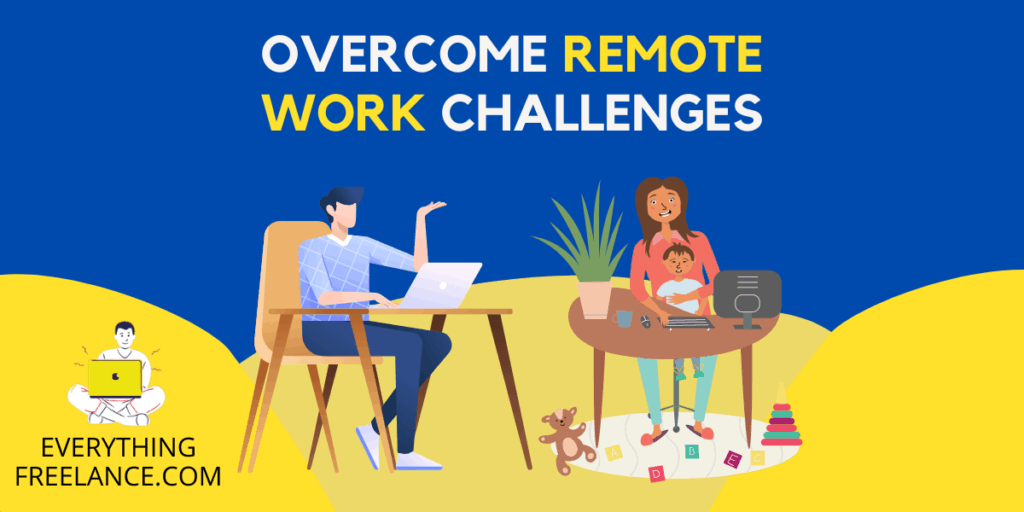The COVID-19 pandemic has transformed the way we work, with many businesses embracing remote work policies. This shift has opened up the opportunity for employees to work remotely from another state, with all the potential benefits and challenges that come with it.
In this article, we will discuss the most important aspects of working remotely from another state, such as tax implications, legal considerations, and how to maintain productivity and communication with your team. We will also explore the many potential advantages of remote work. Whether you’re an employer or an employee navigating this new landscape, gaining an understanding of these issues will be crucial for a successful transition.

Benefits of Working Remotely From Another State
This type of work offers numerous benefits, including flexibility, increased productivity, and cost savings. It eliminates commuting stress and provides a better work-life balance. This remote work lifestyle can potentially lead employees to have greater job satisfaction. Let’s break down the specific advantages.
Increased Flexibility And Freedom
The most obvious benefit of working remotely from another state is the freedom of choice. You can choose where you live, and you’re not tied to the geographical location of your employer’s office. This means you can work from the comfort of your own home, a coworking space, or even a coffee shop.
Reduced Cost of Living

Depending on where you choose to live, remote work could significantly reduce your cost of living. Many cities with high employment rates also have high living costs. You can be a resident in a state with a lower cost of living while still earning a competitive salary.
Access To a Wider Job Market

Remote work allows job seekers to find job opportunities from around the globe. You’re no longer limited to those in your local area, while companies can hire from a wider talent pool without worrying about potential relocation costs. This can significantly broaden your job prospects and help you land your dream job.
Opportunity to Live In a More Desirable Location
Whether you’ve always dreamed of living in an urban metropolis, near the beach, or in the mountains, remote work can make these dreams a reality.
Challenges of Working Remotely From Another State
Remote work brings unique challenges, including communication issues, time zone differences, and staying in sync with the team. Additionally, maintaining productivity, handling distractions at home, and balancing work and personal life are all part of the struggle. Let’s delve into these challenges and explore potential solutions for remote workers.
Tax Implications
One potential challenge of working at a distance is the tax implications. You may be required to file taxes in both the state where you work and the state where you live, potentially increasing your tax burden. Consult with a professional regarding tax implications before making the move.
Time Zone Differences
Another challenge can be time zone differences. If your employer is based in a different time zone, this could lead to scheduling difficulties and could potentially impact your work-life balance.

Lack of Face-to-Face Interaction With Colleagues
Not working in an office setting means less face-to-face interaction with your colleagues. While technology can facilitate communication, it can’t compensate for the benefits of in-person interactions. This can make way for feelings of isolation or disconnection from your team.
Maintaining a Work-life Balance
It’s difficult to balance every aspect of work life and private life when your work is at home. Without an office to act like a physical barrier, it can be difficult to switch off from work and maintain boundaries between your personal and professional life.
Tips for Working Remotely From Another State
Embracing remote work from another state requires a balance of discipline, effective communication, and personal self-care. Tips for a smooth transition include setting a dedicated workspace, maintaining regular work hours, utilizing digital tools for collaboration, staying connected with your team, and prioritizing mental health. Each tip forms a crucial part of the remote working lifestyle and warrants further exploration.
Set Up a Dedicated Workspace
You must set up a working space dedicated solely to working and nothing else. This will help you stay focused and productive and can also help to maintain a clear line between your work and personal life.
Establish Clear Communication And Collaboration Methods With Your Team
Clear communication is crucial for every work environment, especially when working remotely. Establish regular check-ins with your team and use collaboration tools to stay connected and ensure everyone is on the same page.
Take Breaks And Get Regular Exercise

It’s important to take regular breaks and get exercise when working remotely. This can help to reduce stress, increase productivity, and preserve your mental well-being.
Stay Connected With Your Colleagues And Community
Make an effort to stay connected with your colleagues and your local community. This can help to combat feelings of isolation and keep you grounded.
Manage Your Time Effectively
Effective time management is crucial when working remotely. Make use of productivity tools and techniques, and be sure to prioritize your tasks effectively. Some time management strategies you can try are:
- Define working hours
- Prioritize tasks by importance
- Avoiding multitasking
- Taking regular breaks
- Setting boundaries with home distractions
- Utilizing tools like digital calendars and to-do lists
Final Thought on Remote Work
Working remotely from another state is a decision that can change your everyday life. You can tailor your working environment and schedule to suit your preferences, potentially reducing stress and increasing productivity. Moreover, you can save on commuting costs and enjoy a lower cost of living.
We encourage you to embrace the opportunities remote work offers and to seize control of your professional life. Remember, the key to success in any type of work lies in preparation, understanding, and balance. So, why wait? Start researching, planning, and preparing now for your transition into the world of remote work. You won’t regret it!






































































































